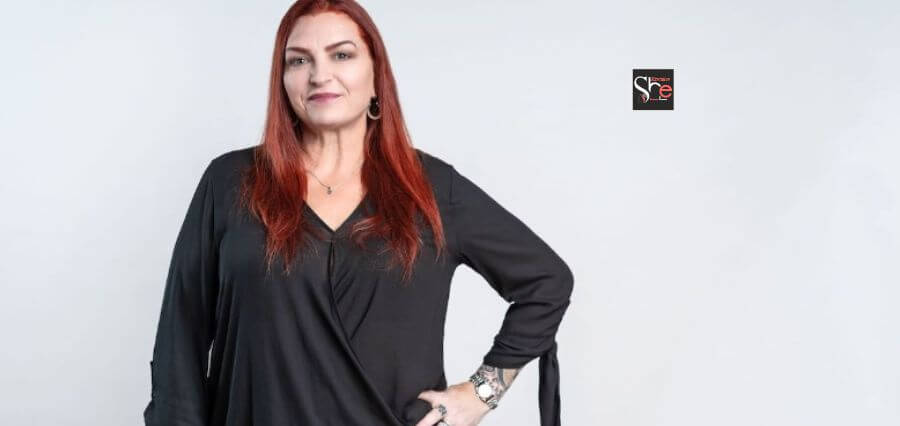Juliana Chan, CEO of Wildtype Media, a STEM-focused media communications firm, made the decision to transition her company to fully remote work despite acknowledging the challenges that come with it. She identified potential issues such as employee disengagement, miscommunication due to the absence of non-verbal cues, and data privacy concerns. However, Chan’s instincts led her to embrace the future of work. She realized that her office space was underutilized, and after considering positive feedback from employees about remote work, she made the shift.
Chan manages a team of 20 members spread across Singapore, Malaysia, the Philippines, and India, along with 30 to 40 regular freelancers globally. She received a surge of job inquiries after announcing the remote work initiative, indicating the high demand for such opportunities.
Chan noted that hiring effective remote workers requires a different approach. Traits such as accountability and autonomy are crucial for success in remote settings. She emphasized that accountability is a game-changer, allowing teams to perform exceptionally even without physical interactions. In contrast, remote workers who lack accountability can disrupt workflows by missing deadlines and not communicating changes.
Chan remains a proponent of face-to-face interactions, even as her company operates remotely. She organizes company-sponsored lunches and retreats, fostering engagement and preventing isolation. She believes that a shared purpose and mission are essential for keeping remote teams connected, especially when working across multiple countries.
In summary, Juliana Chan’s transition to full remote work highlights the importance of accountability, intentional communication, and a strong sense of purpose in maintaining a successful remote team despite the challenges.






